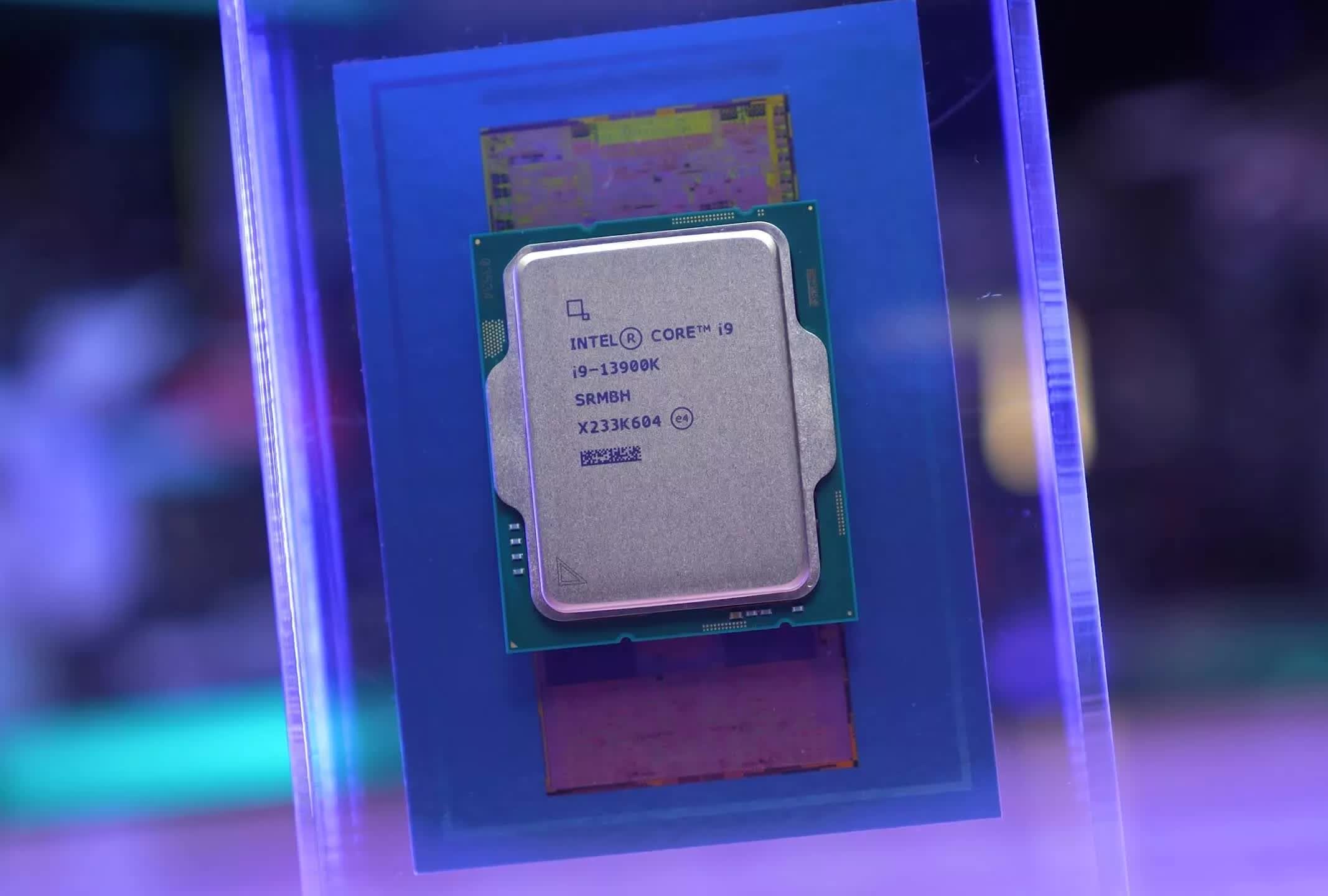In context: Intel's 13th-generation Raptor Lake CPUs brought many performance improvements but also had a few issues, including running hot. To help combat the heat factor, Intel baked in a new thermal throttling technology called Fast Throttle. However, it was a quiet release – barely even mentioned in the flurry of Raptor Lake coverage.

An X user who goes by "Jaykihn" claims that "Intel Per Core Thermal Throttle" officially debuts with Arrow Lake. Fast Throttle gives Intel's CPUs some added thermal headroom by providing more granular performance throttling when temperatures get too high. Rather than just bluntly dialing back clock speeds across the whole processor, it can precisely target the individual CPU cores that are getting too hot.
A per-core thermal throttling approach is different from the typical temperature protection techniques used before. Those mostly look at the overall chip temperature and take broader actions like capping frequencies, downclocking turbo boost behavior, or adjusting voltages.
Intel Per Core Thermal Throttle will officially debut with Arrow Lake.
– Jaykihn (@jaykihn0) July 4, 2024
I've linked a third-party article written by @skatterbencher, showcasing this feature's performance during its limited debut on Raptor Lake Refresh.https://t.co/MnYLeUAVZM
With Fast Throttle, Intel is using a clever idea called clock modulation. Instead of changing clock speeds up or down, it briefly turns off the physical CPU clock to particular cores for tiny splits of time. The result is far more nuanced thermal management. If just one core or two is spiking in temperature, Fast Throttle can selectively dial them back without disturbing the performance of the other cores, which are still running cool.
However, when Raptor Lake launched, Fast Throttle was locked down. Intel hadn't exposed any controls for users to configure it manually. That changed with the late 2023 Raptor Lake refresh, finally giving overclockers and PC enthusiasts the keys to tinker with it. If Jaykihn's tip is valid, Arrow Lake may offer manual controls right out of the gate.
For many of today's overclocked gaming rigs and workstations, thermal constraints are one of the biggest limiters on raw performance. So, having finer throttling levers like Fast Throttle to squeeze out extra headroom could be huge.
Intel expects to launch its 15th-generation Arrow Lake processors in the second half of 2024, likely between October and December. However, some rumors suggest that laptops with the new CPU may not arrive until early 2025. Jaykihn recently reported that motherboards sporting 800-series chipsets will accompany the new chips.
Intel Fast Throttle tech will allow per-core throttling on Arrow Lake